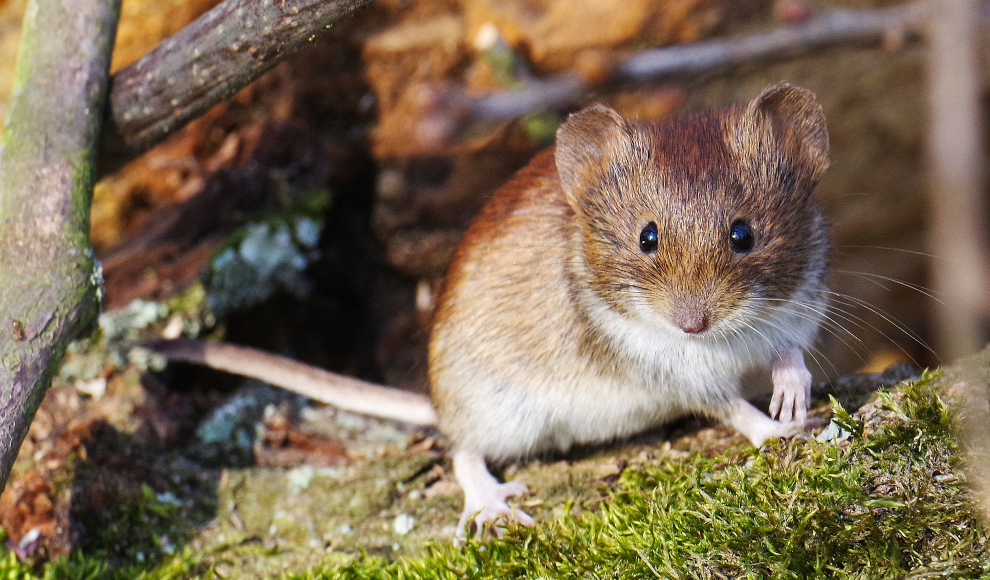A new coronavirus has been discovered in Swedish red-backed voles, raising concerns about its potential to cause a pandemic. Small mammals often carry different coronaviruses, and scientists have been studying them to identify new strains. Researchers from Uppsala University in Sweden captured 260 red-backed voles in Grimsö, central Sweden, and tested tissue samples for viral RNA. They found that 3.4% of the voles carried RNA from coronaviruses, which were identified as belonging to the beta-coronavirus group, which includes SARS-CoV-2, MERS, and SARS. The newly discovered virus, named the Grimsö coronavirus, is different from known rodent coronaviruses and is believed to form its own group within the beta-coronavirus family.
The researchers believe that the virus is widespread among red-backed voles in Sweden, as it has been detected in samples collected over two years. However, it is unclear whether the virus has spread to voles outside of Sweden or whether it can infect other animals or humans. The scientists warn that the potential risks to public health are unknown, but they cannot rule out the possibility that the Grimsö virus could have zoonotic potential for livestock or humans. To assess its pandemic potential, the virus needs to be cultured and analyzed for its receptor binding.
This discovery highlights the importance of monitoring animal populations for new viruses that could pose a threat to human health. It also underscores the need for continued research into the origins and transmission of coronaviruses, which have caused several deadly outbreaks in recent years. The Grimsö coronavirus is a reminder that the COVID-19 pandemic is not the only viral threat that we face and that we must remain vigilant in our efforts to prevent and control infectious diseases.










